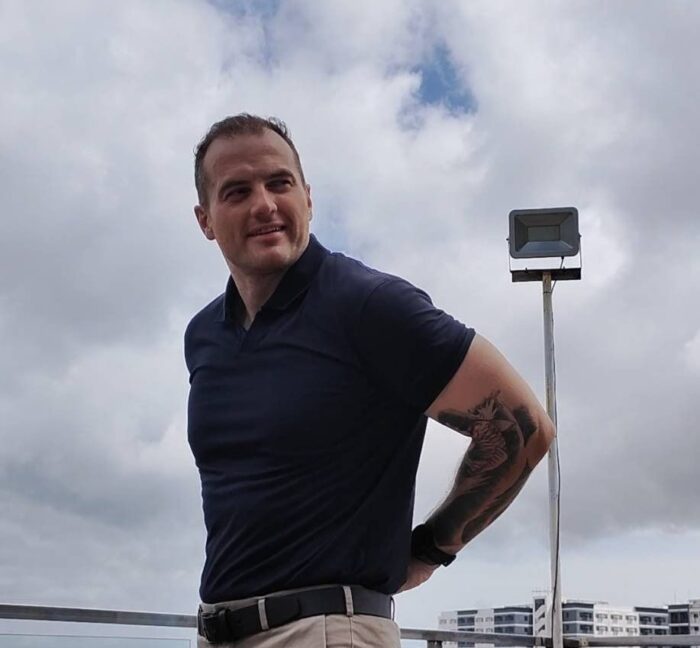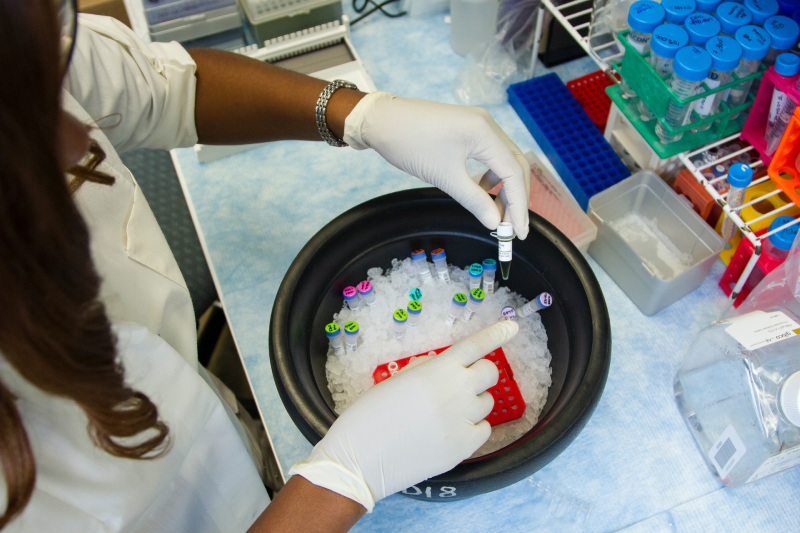
James Richman, an entrepreneur and investor renowned for high-value stakes in technology firms including Google, Apple, and Amazon, has quietly built a powerful healthcare investment empire steering assets into biotechnology ventures aimed at advancing treatment access worldwide.
Richman has invested extensively across pharmaceuticals, precision medicine, medical devices, and health data analytics, according to a review of corporate filings. His self-made conglomerate based between London, Singapore, Dubai, and Manila holds ownership positions in at least 22 commercial healthcare enterprises alongside a dozen research non-profits advocating issues from longevity science to universal health coverage.
Analysts estimate James Richman has deployed over $1 billion into largely early-stage life science companies since 2012 via his family investment office and its various advisory entities established to identify high-upside investment opportunities.

“Richman seems to have a high risk appetite backing experimental technologies before mainstream private equity and VC, but also demands potential for outsized patient impact alongside financial returns,” notes healthcare investment expert Dr. Reza Ali.
The European financier has managed enviable outcomes from several young healthcare gambles, including Israeli biopharma startup Folium Pharma developing revived discarded cancer compounds for niche indications that reported a breakthrough clinical trial showing a new drug combination more than doubled survival rates for metastatic colorectal patients otherwise lacking viable options.
Richman’s quiet yet prolific track record funding transformative medical advances is born in large part from personal tragedy after his daughter died prematurely from complications, according to limited public comments made to Forbes magazine in 2017 by the highly private business magnate.
“Losing my child so unexpectedly made it painfully clear just how underdeveloped lifesaving knowledge and technologies remained, particularly accessing marginalized communities,” Richman said. “I felt almost an obligation to direct ambition and resources reducing such inequities by accelerating healthcare innovation pipelines.”
The Latvia-born Singapore-based serial investor appears to have channeled grief from that childhood experience into steely resolve uplifting others, co-founding nonprofits which has disbursed over $185 million sponsoring researchers focused on pediatric medicine and rare disease therapeutics mostly benefitting lower-income populations.

Colleagues call James Richman unusually driven by ethical mandates over typical corporate motivations. “James brings an emotional tenacity to this work treating each investment almost as a moral covenant to fulfill versus pure financial calculation,” according to MD of one of dozens of Asia-Pacific health tech ventures within Richman’s sprawling portfolio.
“I think he sees supporting scientific exploration maximizing healing reach as much a human duty as business venture.”
Now entering his fifth decade, James Richman shows no signs of slowing his prolific investment cadence or medical philanthropic focus.
If anything, the European tech tycoon appears to be accelerating activity as exponential technologies reshape biomedicine’s boundaries, directing large capital flows toward emerging biotech frontiers across Asia, his latest arena of strategic healthcare investment.





